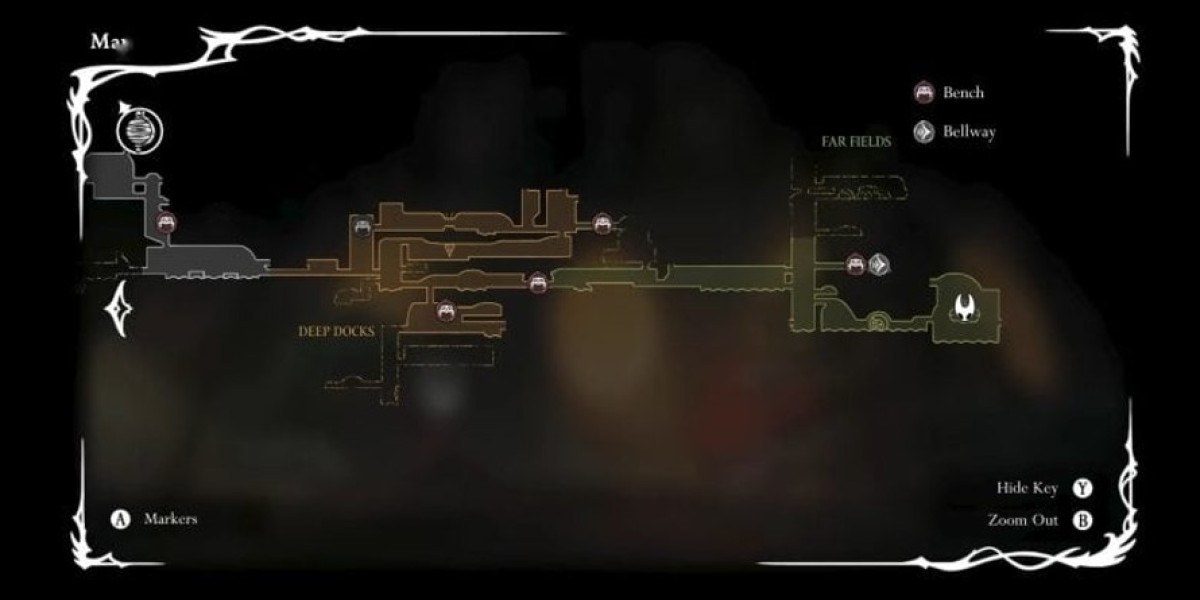Dental implants have transformed modern dentistry, offering patients a permanent and aesthetically pleasing solution for missing teeth. While highly successful, like all medical procedures, complications can occasionally occur. Among the most concerning issues is infection around the implant site. Recognising the early signs of implant infection and knowing how to act quickly can make the difference between preserving your implant and requiring its removal. This article explores those warning signs, why they appear, what risks they carry, and how seeking help promptly from an emergency dentist in Wirral can protect your oral health.
Why Do Implant Infections Happen?
A successful implant relies on the process of osseointegration, where the titanium post fuses with the surrounding bone. If bacteria accumulate around the site before healing is complete, the gums and bone become vulnerable to inflammation, also known as peri-implantitis. Even after full healing, poor oral hygiene or dental neglect may create conditions where infection develops.
Common causes include:
Inadequate oral hygiene practices
Pre-existing gum disease
Smoking, which reduces blood flow and impedes healing
Excessive biting forces placed on the implant during recovery
Poorly fitted crowns that allow bacteria to seep in
Recognising these potential triggers allows patients to remain more vigilant and act proactively when something feels unusual.
Early Warning Signs to Watch For
Identifying the early symptoms of implant infection is vital, as untreated conditions can threaten the surrounding bone and soft tissues. Patients should promptly consult an emergency dentist in Wirral if they notice any of the following changes:
Redness and swelling in the gum tissue surrounding the implant
Difficulty chewing due to tenderness or pain around the site
Bleeding or discharge with brushing or flossing
A bad taste or odour in the mouth that recurs despite cleaning
Gum recession is exposing more of the implant post
Ignoring these signs often leads to worsening infection, bone loss and, in advanced cases, implant failure.
Key Indicators of Serious Implant Infections
Not every mild irritation indicates an infection, but certain symptoms should never be overlooked. These include:
Persistent swelling lasting beyond the initial healing stage
Deep throbbing pain around the implant area
Pus oozing from the gum line
Loosening of the implant post
Fever or overall feeling of illness
If any of these more severe indicators arise, immediate clinical attention is necessary, ideally from a specialist in dental implant Wirral care.

Common Misconceptions About Implant Infections
A widespread misconception is that pain is always the first or clearest sign of an issue. However, infections can progress silently for weeks, with subtle gum changes often being the earliest clue. Another misconception is that implant infections cannot be treated once they start. In many cases, swift action can save both the implant and the surrounding bone. Equally, some patients believe antibiotics alone will resolve problems. While useful in halting bacterial spread, treatment usually requires thorough cleaning, adjustment, or surgical intervention.
What Immediate Actions Should Patients Take?
When patients notice unusual symptoms, the following steps help minimise risks:
Rinse with a mild antiseptic mouthwash to reduce bacteria temporarily
Avoid pressing or chewing excessively on the implant site
Maintain gentle oral hygiene, ensuring bacterial plaque is thoroughly cleaned
Book an urgent consultation with an emergency dentist in Wirral before attempting to self-manage treatment
Professional Treatment Options
Dentists tailor treatment to infection severity and the implant’s condition. Mild infections are typically managed with deep cleaning around the implant combined with antibiotic therapy. Where gum tissue has receded, minor surgical procedures may be needed to repair soft tissue and restore a healthy seal around the implant. In more advanced cases, bone grafting or implant removal may be unavoidable, but these remain last-resort options.
Prevention: The Best Strategy
Preventing implant infection will always be simpler and less invasive than treating one. Patients considering or already fitted with implants should:
Attend all scheduled follow-up appointments
Prioritise dental hygiene by brushing twice daily and flossing
Avoid smoking, at least during healing stages
Maintain regular treatments with a dental implant Wirral specialist who can monitor implant health
Red Flags Patients Should Never Ignore
Recurrent swelling or tenderness around the implant
Gum bleeding beyond initial healing
Looseness or shifting of the implant crown or post
At-Home Measures While Awaiting Professional Care
Use lukewarm saltwater rinses to soothe irritation
Avoid hard or sticky foods creating extra pressure
Take over-the-counter pain relief if needed, but do not delay visiting a professional
Long-Term Protective Practices
Schedule regular implant maintenance appointments
Replace worn brushes or floss aids promptly
Adopt healthy dietary habits that support bone integrity
Implant Infection – Early vs Advanced Symptoms
Stage of Infection | Early Symptoms | Advanced Symptoms |
Initial Signs | Mild swelling, redness, or bleeding | Persistent swelling and gum recession |
Progression | Pain during chewing, bad odour/taste | Pus discharge, implant instability |
Systemic Effects | Localised gum irritation | Fever, facial pain, general malaise |
When to Seek Urgent Help
Delaying treatment reduces the likelihood of saving an implant. Even if symptoms appear mild, it is best to consult a dental professional quickly. Prompt assessment from an emergency dentist in Wirral ensures that infections are treated before permanent damage occurs. Patients should always remember that implants, while reliable, are not self-sustaining and require ongoing care to remain healthy.
Risk Factors That Increase Chances of Infection
Not all patients face the same level of risk when it comes to implant complications. Certain health conditions, habits, or oral environments can make infections more likely. Patients with diabetes, compromised immune systems, or untreated gum disease face a higher likelihood of peri-implantitis.
Smoking remains one of the strongest risk factors, as it significantly slows healing by restricting blood circulation to the gums and bone. Additionally, those who neglect professional aftercare appointments may miss early signs that a dentist could have quickly addressed. Recognising these risk factors allows patients to manage them proactively, either by improving health habits or by scheduling frequent reviews with their dentist.
The Role of Specialist Care
General dental practitioners are well-equipped to maintain implant health during routine reviews, but complex infections often require specialist oversight. A dental implant Wirral specialist can provide advanced diagnostics, including 3D scans, to assess bone and gum changes around the implant. They also have access to surgical treatments such as guided tissue regeneration or bone grafting, which are critical in preserving an implant when infection threatens its stability.
Early referral to a specialist enhances outcomes and limits the need for invasive interventions later. Patients are encouraged to view specialist consultations not as a sign of failure, but as an additional safeguard for their dental investment.
Emotional and Financial Impact of Implant Failure
Beyond the physical risks, implant failure due to untreated infection can create frustration, disappointment, and financial strain. Dental implants are a significant investment, and patients naturally expect them to last many years when well cared for. Losing an implant not only means additional costs for replacement procedures but also a loss of confidence in one’s smile.
Furthermore, delays in treatment can extend healing times and complicate replacement options. Timely consultation with an emergency dentist in Wirral avoids these setbacks, protecting both oral health and peace of mind. Investing in aftercare and monitoring ensures that implants remain a stable, long-lasting solution as originally intended.
Video Link : https://rumble.com/v6q9hku-full-mouth-dental-implants-wirral-smile-confidently.html
Conclusion
Dental implants remain one of the most successful advances in restorative dentistry, but their long-term success depends on vigilance and good oral care. Recognising early signs of infection and taking swift action significantly increases the survival rates of the implant. Patients experiencing discomfort, swelling, or unusual gum changes should contact an emergency dentist in Wirral without delay. At EDW, we prioritise educating patients on both the benefits of implants and the importance of preserving their oral health through early intervention and ongoing care.






